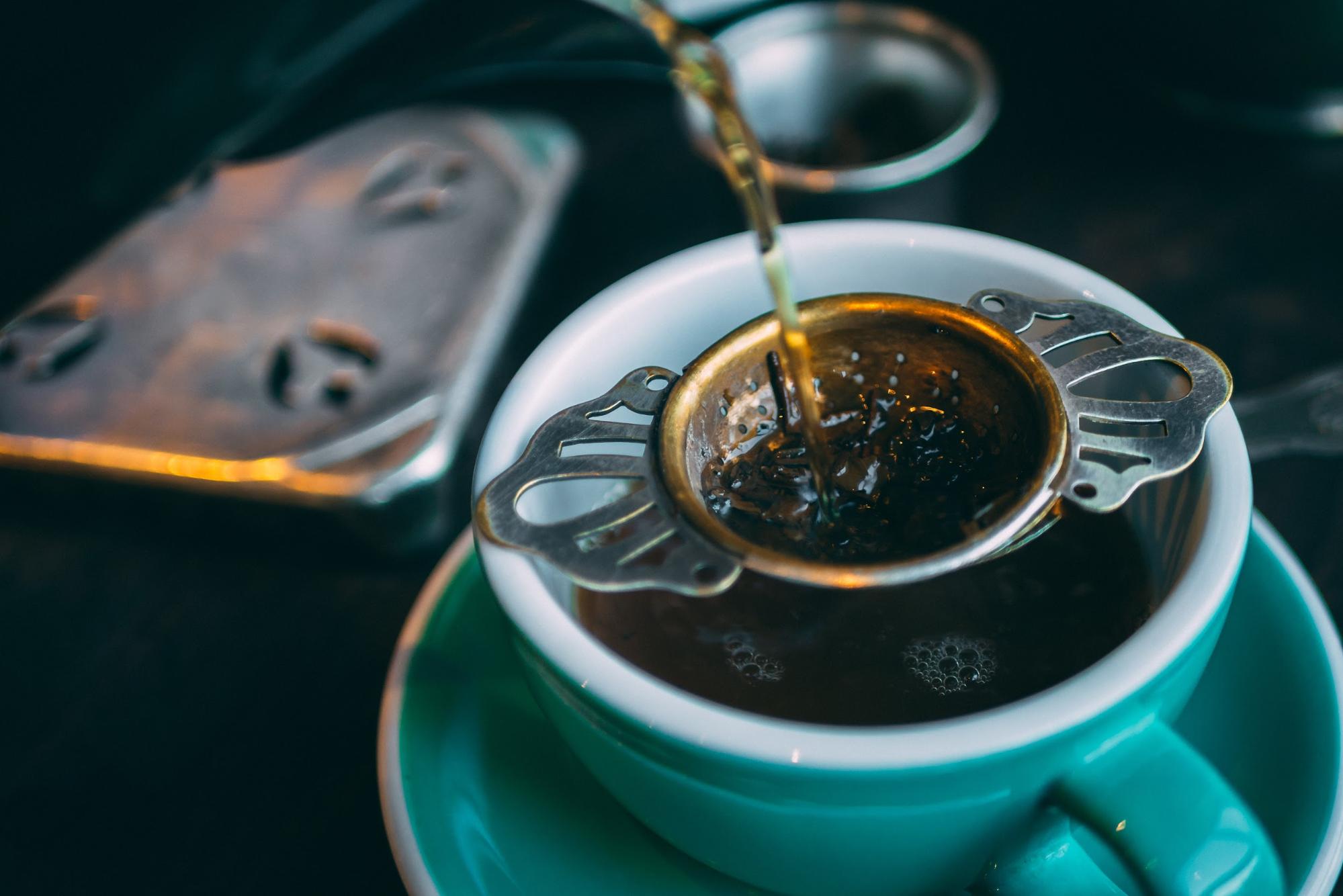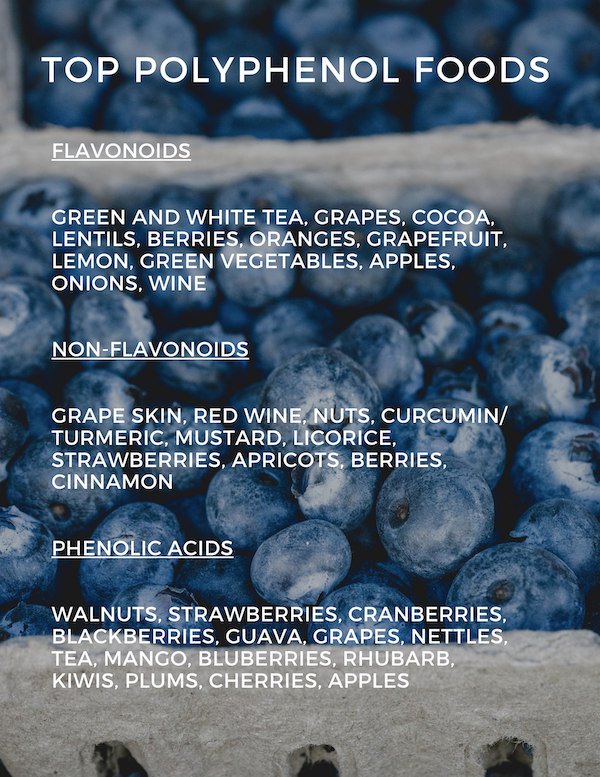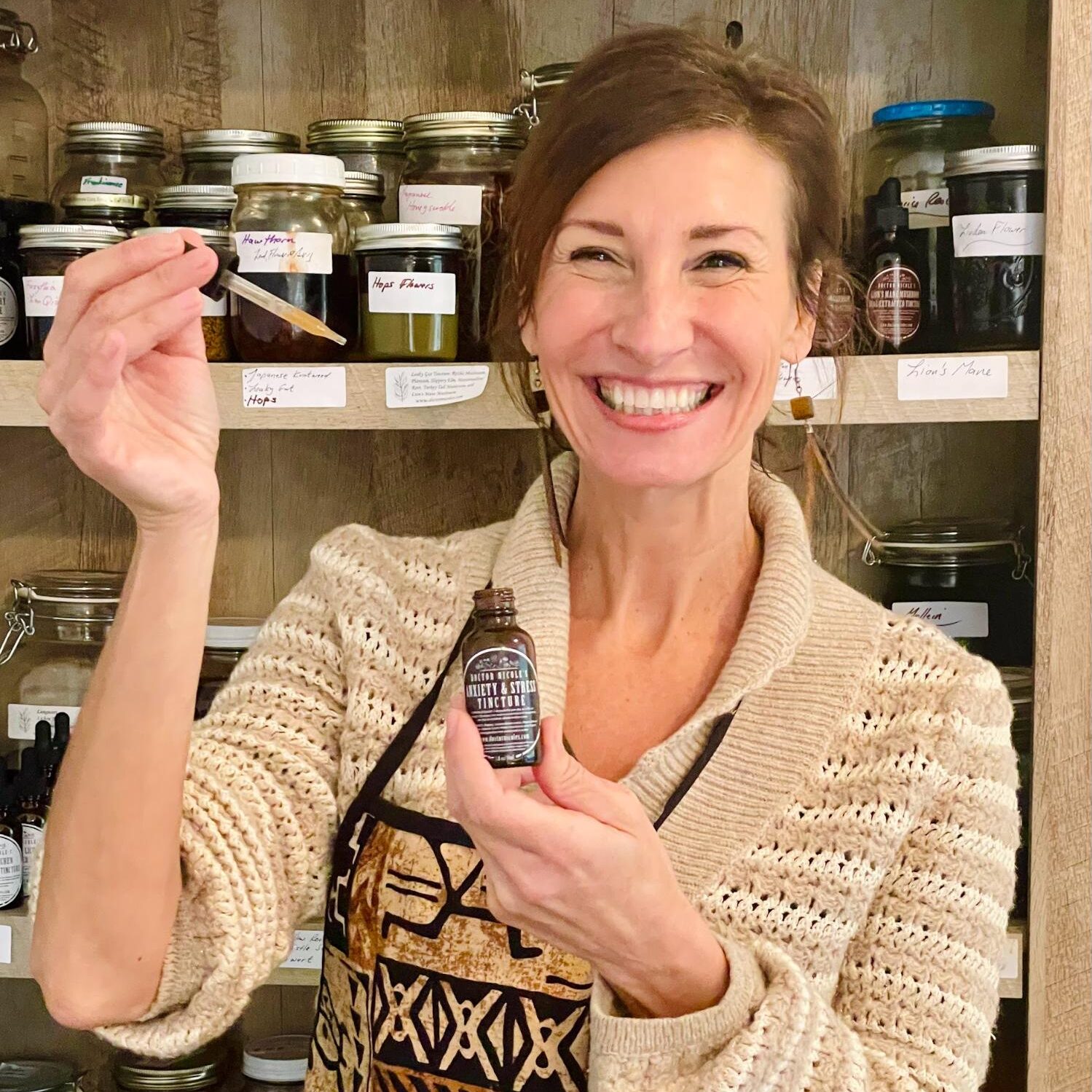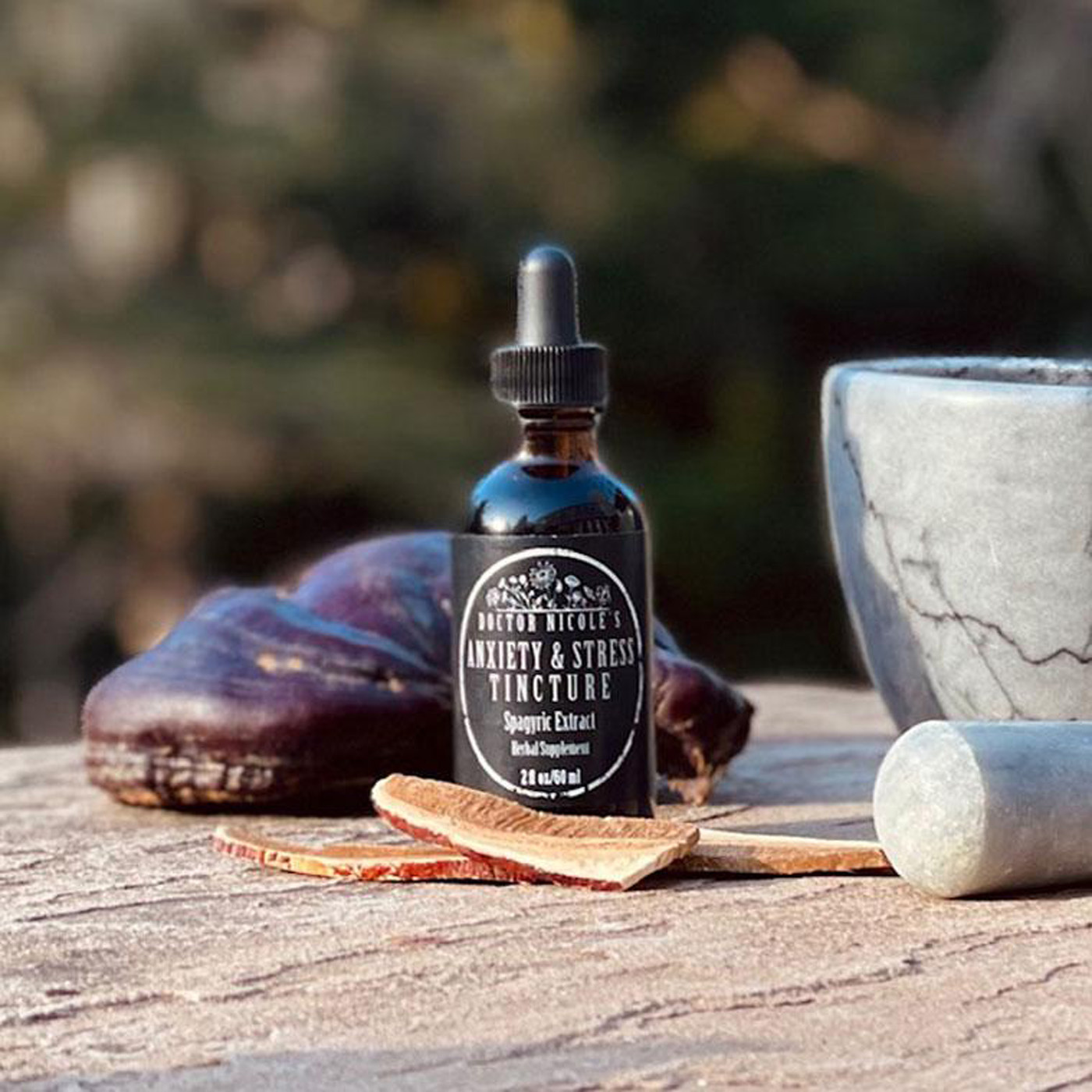In our fast-paced world, it is easy to become overwhelmed with stress and sink into a down mood or struggle with anxiety. I think most of us are familiar with lifestyle choices that can help to counteract this pattern in our lives, such as carving out time to relax, laughter and connection, gratitude, getting out in nature – to name just a few. And now, researchers have discovered another helpful practice: consuming polyphenols. These mighty antioxidants found in nutrient-rich foods not only protect you against oxidative stress and disease, but they also can boost your mood and reduce stress. Not convinced something so simple could have such a powerful impact? Keep reading to see what the science has to say.

Food-Based Solutions
If you struggle with depression and/or anxiety, research has clearly established a strong association between diet and cognitive function — including your mood. For many years now, experts in the field have recommended a whole-food diet rich in complex carbohydrates and fiber, along with moderate amounts of protein (wild-caught fatty fish, such as salmon, is an excellent choice).
Focus on foods with vitamin D such as grass-fed beef, egg yolks, salmon, sardines, and plain yogurt with active cultures; oranges, mangoes, lemon, kiwi, broccoli, berries, and bell peppers for vitamin C; sweet potatoes, carrots, kale, spinach, arugula, and winter squash for vitamin A; and nuts (especially walnuts) for beneficial fats. Each of these nutrients supports brain health and calms inflammation, which in turn helps to alleviate depression and anxiety, while improving overall mood.
Interestingly, researchers are finding foods that are especially high in polyphenols are the secret to a bright mood. Why? Because they are one of your best allies against mood-destroying oxidative stress and “stimulate the activation of molecules that aid in synaptic plasticity, a process that underlies cognitive function,”1 according to a study published in the journal Nutritional Neuroscience.
The researchers point out there is a significant need for finding simple and inexpensive solutions for improving cognitive health, especially when we consider that up to a billion people around the world are affected by neurological diseases, such as Alzheimer’s and Parkinson’s. Moreover, one in four people are at risk for developing a mental health issue during their lifetime — including depression, bipolar disorder, and schizophrenia.
The team concluded, “…the consumption of diets enriched with polyphenols may present the potential of dietary manipulation as a non-invasive, natural, and inexpensive therapeutic means to support a healthy brain.”
Another study in 2021 had similar findings.2 The team noted the anti-inflammatory and antioxidant properties of polyphenols improved depression, anxiety, and overall quality of life.
“The results suggest that polyphenol supplementation is effective in improving depression. … Polyphenol types may have varying effects, which suggests that different populations with depression may benefit from different polyphenols.”

Interestingly, culinary spices are the richest source of polyphenols with cloves (15,188/per 100 g), dried peppermint (11,960/per 100 g), and star anise (5,460 mg/per 100 g) at the top of the list. Cocoa powder and dark chocolate are also outstanding sources with 3,448 mg and 1,664 mg per 100 grams, respectively.3
Not only are polyphenols helpful for protecting against mood disorders and oxidative damage, but they also alleviate psychological stress. A recent study published in 2023 found that consumption of tea-derived polyphenols had a beneficial effect on stress response and mood.4
My Favorite Plant-Based Remedies for Stress-Relief & Mood
We all have seasons in life when we are overwhelmed with stress, depression, or anxiety. I hear you! This is why I developed our Anxiety & Stress Blend. It helps to settle and calm the nervous system, improve cognitive function, lower inflammation, and quiet the stress response.
I chose several specific herbs that are known for their ability to bring hormonal equilibrium, relieve fatigue, and help you adapt to stress in a healthy way. These potent extracts include ashwagandha and lemon balm, along with lion’s mane and reishi medicinal mushrooms.
Your Tincture Has Been Life-Changing!
I have been dealing with anxiety and stress for the last 18 years on and off since having kids and going through a divorce. I had a prescription for an anxiety medication but it left me feeling numb so I quit taking it and just suffered 🙁 Since meeting Nicole and trying her Anxiety and Stress Tincture I no longer allow myself to suffer. When I need it, it has never failed me or left me feeling numb. I LOVE this tincture!! Within 10 minutes I feel like my normal self! It has been life changing for me!!! -Amanda G.
Are you ready to take charge of your health and harness the power of medicinal herbs? Stop by the apothecary today to learn more about how this all-natural blend can help to change your life for the better!
Nicole Apelian
Nicole’s Apothecary Products in this Post
References
- Gomez-Pinilla, F., & Nguyen, T. T. (2012). Natural mood foods: the actions of polyphenols against psychiatric and cognitive disorders. Nutritional neuroscience, 15(3), 127–133. https://doi.org/10.1179/1476830511Y.0000000035
- Lin, K., Li, Y., Toit, E. D., Wendt, L., & Sun, J. (2021). Effects of Polyphenol Supplementations on Improving Depression, Anxiety, and Quality of Life in Patients With Depression. Frontiers in psychiatry, 12, 765485. https://doi.org/10.3389/fpsyt.2021.765485
- Pérez-Jiménez, J., Neveu, V., Vos, F., & Scalbert, A. (2010). Identification of the 100 richest dietary sources of polyphenols: an application of the Phenol-Explorer database. European journal of clinical nutrition, 64 Suppl 3, S112–S120. https://doi.org/10.1038/ejcn.2010.221
- Minné, D., Stromin, J., Docrat, T., Engel-Hills, P., & Marnewick, J. L. (2023). The effects of tea polyphenols on emotional homeostasis: Understanding dementia risk through stress, mood, attention & sleep. Clinical nutrition ESPEN, 57, 77–88. https://doi.org/10.1016/j.clnesp.2023.06.008






